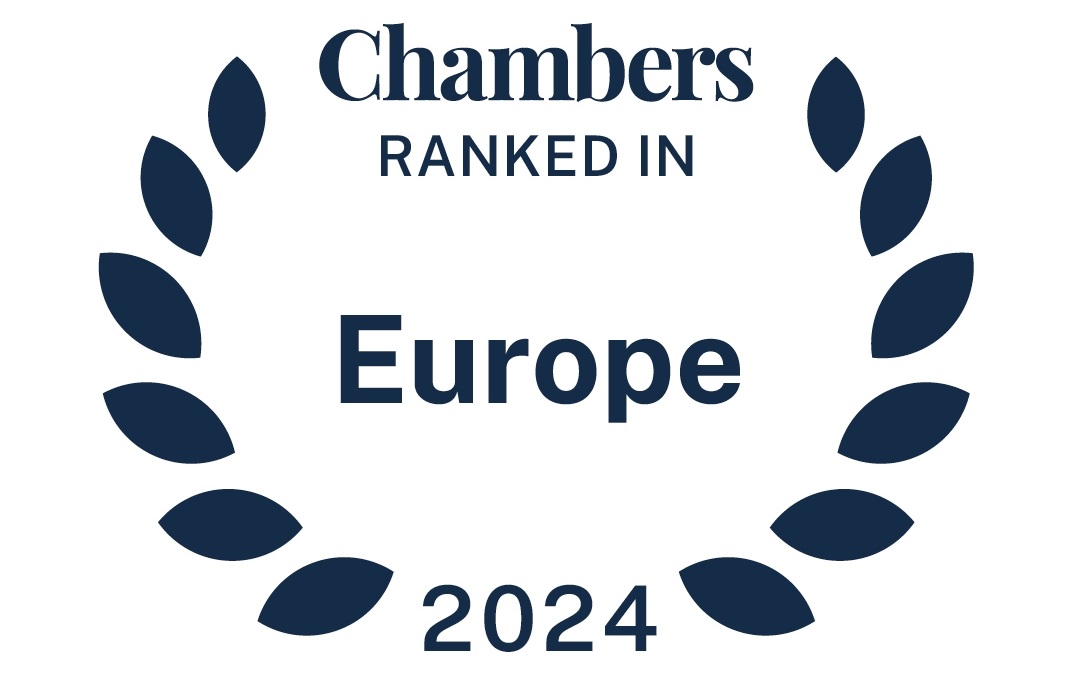A Step Towards Regulating Outbound Investment in the European Union
On June 20, 2023, the European Commission and the High Representative for Foreign and Security Policy published a Joint Communication on a European Economic Security Strategy. The strategy highlighted that new economic security risks are emerging as a result of rising geopolitical tensions and the acceleration of technological developments. The strategy also underlined the need to develop a common EU approach.
See our previous article: European Economic Security Strategy.
Among the economic risks identified, the Joint Communication highlighted that the European Union and its Member States have a common interest in preventing the movement of sensitive emerging technologies and other dual-use items to destinations of concern that pursue civil-military fusion strategies, and in preventing the backflow of controlled exports and investments. In particular, the Joint Communication addresses the risks of technology and know-how leakage as a result of foreign investment.
The Expert Group on Outbound Investment was established on July 25, 2002 to examine possible means of addressing the security risks associated with outbound investment. After three meetings, the European Commission concluded that it was necessary to collect concrete data on relevant outbound investment transactions before analyzing possible risks.
To that end, on January 24, 2024 the European Commission published a White Paper on Outbound Investment (White Paper) and launched a public consultation to obtain structured input and reactions to the approach developed in the White Paper.
A Step-By-Step Approach
Recognising the “complex and sensitive nature” of outbound investments, the White Paper proposes a gradual step-by-step approach:
- A public consultation stage which opened on January 24, 2024 and will end on April 17, 2024;
- A monitoring stage;
- A risk assessment stage based on the results of analysis and monitoring.
Monitoring Stage
Based on the initial results of the work with the Expert Group, the White Paper proposes an initial definition of the scope of the monitoring, which will be the subject of a formal recommendation by the European Commission after comments have been received from Member States.
The proposed scope is as follows:
- Types of transactions: The European Commission considers that the monitoring should cover a wide range of transactions such as acquisitions, mergers, asset transfers, greenfield investments, joint ventures or venture capital. However, it proposes to exclude portfolio investments.
- Activities: The European Commission considers that the monitoring should cover critical activities such as those covered by the dual-use regulation or activities related to sensitive technologies (e.g. advanced semiconductors, artificial intelligence, quantum technologies and biotechnologies). The European Commission also invites comments on whether it should recommend that Member States may decide to monitor other critical activities, such as research and development cooperation or practices used to attract highly specialized personnel in certain sensitive areas.
- Geographical coverage: The European Commission considers that, while monitoring should not a priori exclude certain destinations, Member States should best prioritize certain countries in the scope of their monitoring, in particular those that have violated the UN Charter or international human rights.
- The European Commission considers that monitoring should cover both new and ongoing transactions. It also considers that the monitoring should cover transactions in the selected technology areas that have been completed since January 1, 2019.
With regard to the timeframe, the Commission proposes that Member States carry out this monitoring within a period of 12 months from the adoption of a Commission Recommendation.
In parallel with the proposed monitoring, the European Commission also recommends that Member States pay particular attention when reviewing license applications for the export of dual-use items where such applications are linked to foreign investment.
Risk Assessment
After the monitoring phase, the European Commission considers that a risk assessment should be carried out by the Member States. In order to develop a common methodology for the risk assessment process, the Commission also plans to publish specific recommendations.
Next Steps
Finally, it should be noted that, according to the European Commission, priority should be given to the full use of existing instruments rather than the creation of new ones, in particular “all responses should be proportionate, targeted and enforceable” to address the identified risks.






